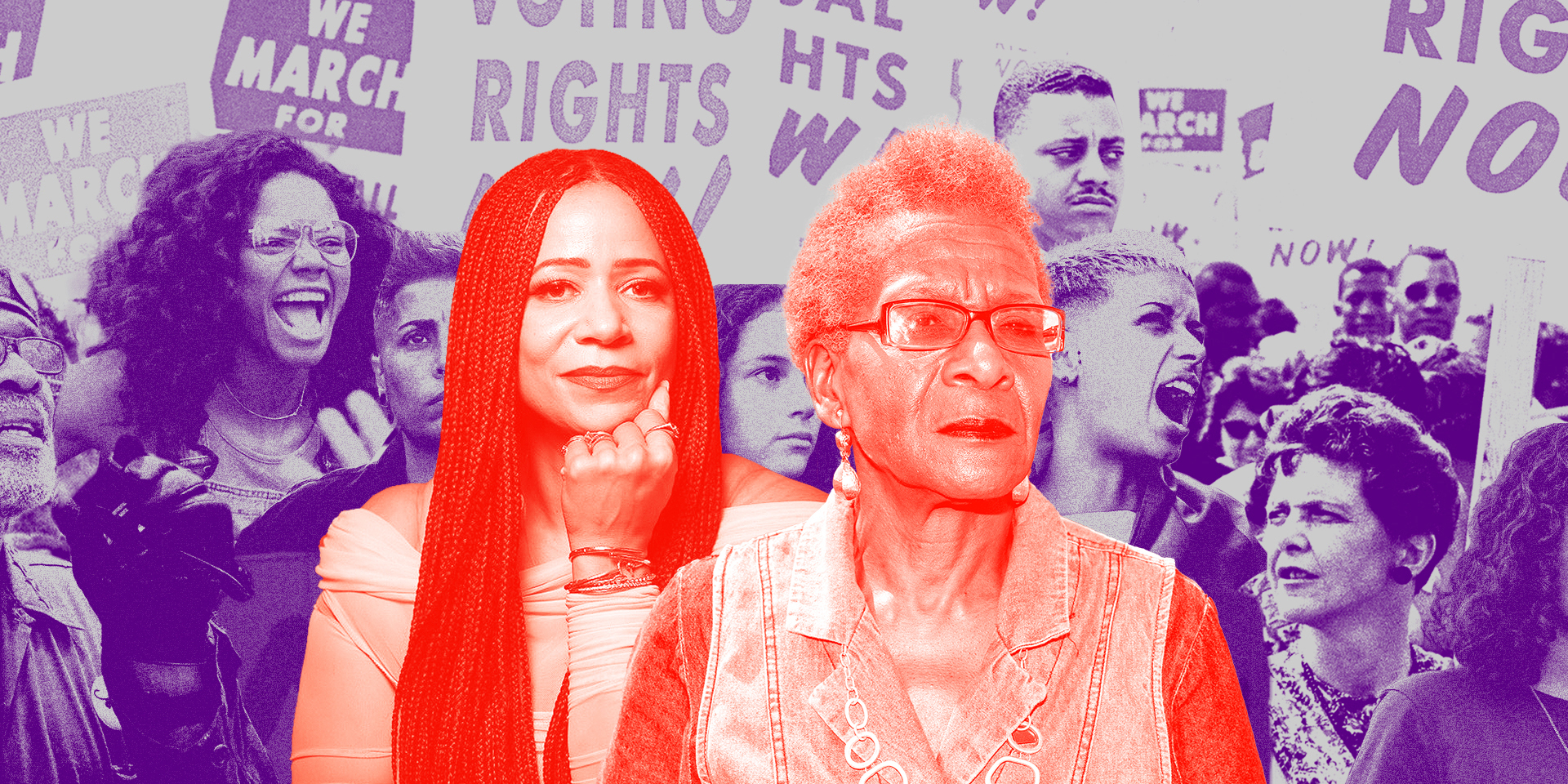Forget what you’ve been told: 40 acres and a mule — the federal government’s broken promise of land to newly freed Black Americans — wasn’t a myth. It happened. And in Royal, Florida, it’s a legacy. Black families have safeguarded land first secured after the Civil War for more than 160 years — a history rarely taught but still alive in the soil, the homes and the people who protect it.
That legacy is now under siege. State officials have redrawn Royal’s historic boundaries without consent, allowing developers to divide what generations fought to preserve. But the people of Royal are not backing down.
The Southern Poverty Law Center stands with them as neighbors press for accurate boundaries and recognition on the National Register of Historic Places. Royal is living proof that Black land is power.
Who really demanded 40 acres and a mule?
In the latest episode of the SPLC’s Apathy Is Not an Option podcast, Pulitzer Prize-winning journalist Nikole Hannah-Jones points to how the story of those initial land grants has been deliberately distorted.
“We were always taught that the 40 acres was this magnanimous order being put forth by Gen. [William Tecumseh] Sherman,” she said. “The fact that this idea came from Black Americans, that Sherman was responding to a demand from Black Americans, had been erased. We were not agents in that history. We were treated as recipients.”
This erasure, she argues, is part of a wider failure of history not taught.
“Even out of slavery — when they had every right to demand the land they had made profitable for others — they were still willing to work and pay it off. They just wanted access,” she said.
That reality cuts directly against the false stereotypes of laziness or dependence that still cling to Black Americans today. Hannah-Jones insists the legacy of this stolen promise is still with us.
“Wealth is inherited,” she said. “So is poverty. Had that promise been fulfilled, how differently would the economic circumstances of Black Americans be today?”
Land is power — and Royal refuses to surrender
“Land is wealth in this country,” said Beverly Steele, a Royal descendant and founder of Young Performing Artists Inc. For generations, Royal families have farmed the soil and kept traditions alive. Now, with commercial and residential development in Sumter County and The Villages retirement community pressing closer, the threat is accelerating.
Steele calls Royal “a pure picture of what life would have been for African Americans at the end of the Civil War until today if they had been able to hold on and maintain their land.”
Developers see acreage. Royal sees survival.
Fighting economic violence
Royal is one of the oldest continuously inhabited Black communities in the United States. Families here earned their land through labor and stewardship — not handouts. As Malissa Williams, a senior staff attorney with the SPLC’s Economic Justice litigation team, reminds us, “These aren’t accidents. Highways, railroads, redlining … they’re systemic choices to disenfranchise Black communities. I call it economic violence.”
Generations of power, standing tall
Royal’s young people know this is their fight, too. Brien Sessler II, 20, spreads the word online.
“Everybody scrolls Instagram,” he said. “Everybody scrolls Facebook. That’s how we get the word out.”
And Dionne Solomon, Royal’s 2025 homecoming queen, says it plainly.
“Royal has always stood on its own,” she said. “Our community thrives off the land. The development being proposed will hurt us in the long run. Let us thrive the way we’ve always thrived.”
We need to rally to defend the unbroken line of freedom communities like Royal represent.
“Making things right with the descendants of slavery means making things right for our nation,” said Hannah-Jones. “Repair isn’t just about Black Americans. Repair makes America more moral, more fair and more equal for everyone.”
Take action: Stand with Royal
Stand with Royal. Sign the petition at preserveroyalflorida.org (also at youngperformingartists.org) to secure recognition. You don’t have to live in Royal or Florida to sign the petition.
Cassandra Douglas is the digital director for the SPLC and executive producer of the SPLC’s Apathy Is Not an Option podcast.
Image at top: The latest episode of Apathy Is Not an Option features journalist Nikole Hannah-Jones (left) and Beverly Steele. Steele’s ancestors were among the first settlers of Royal, Florida. (Photo illustration by Jodi Hunt; Nikole Hannah-Jones photo courtesy of Nikole Hannah-Jones; Beverly Steele photo by Saul Martinez)



